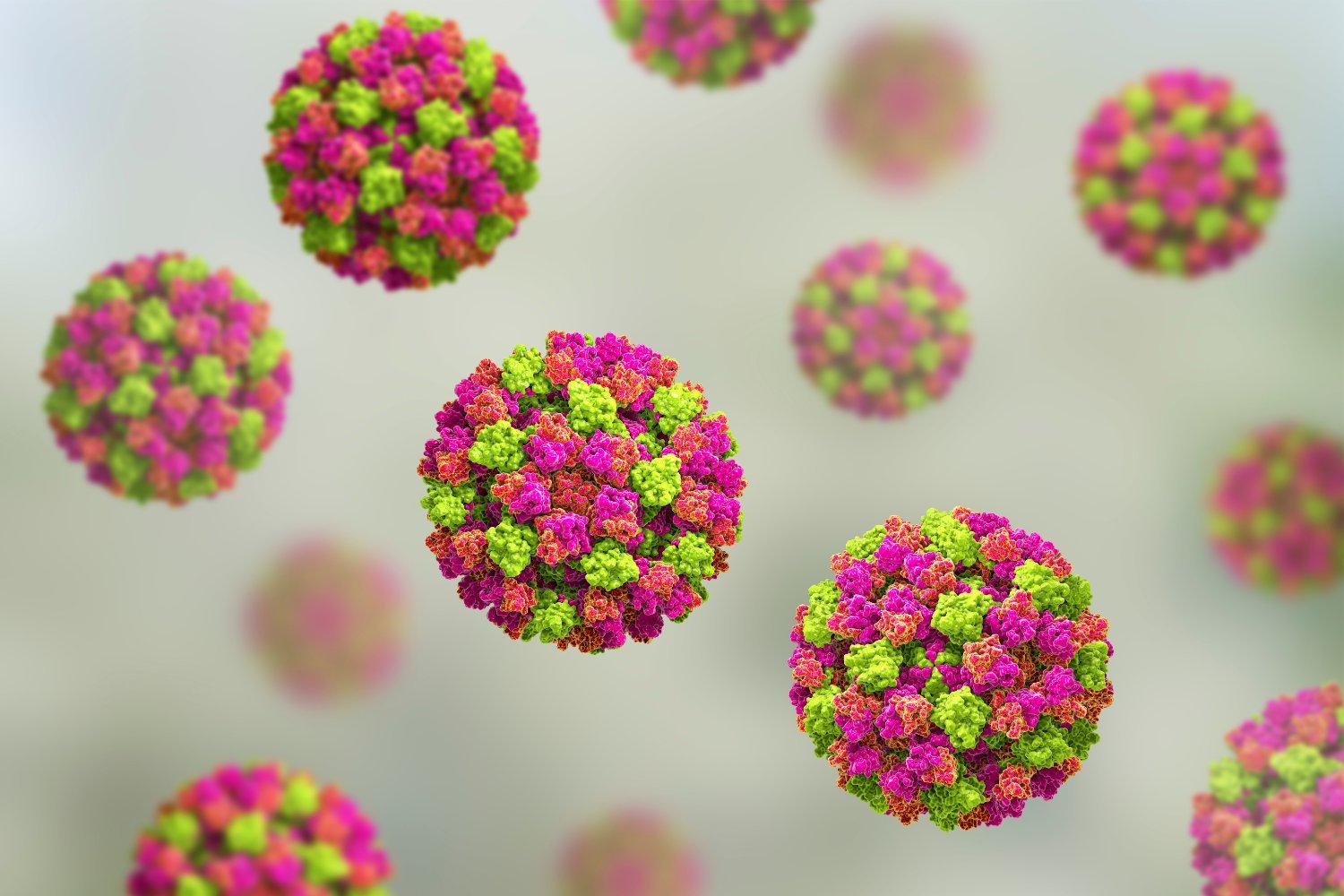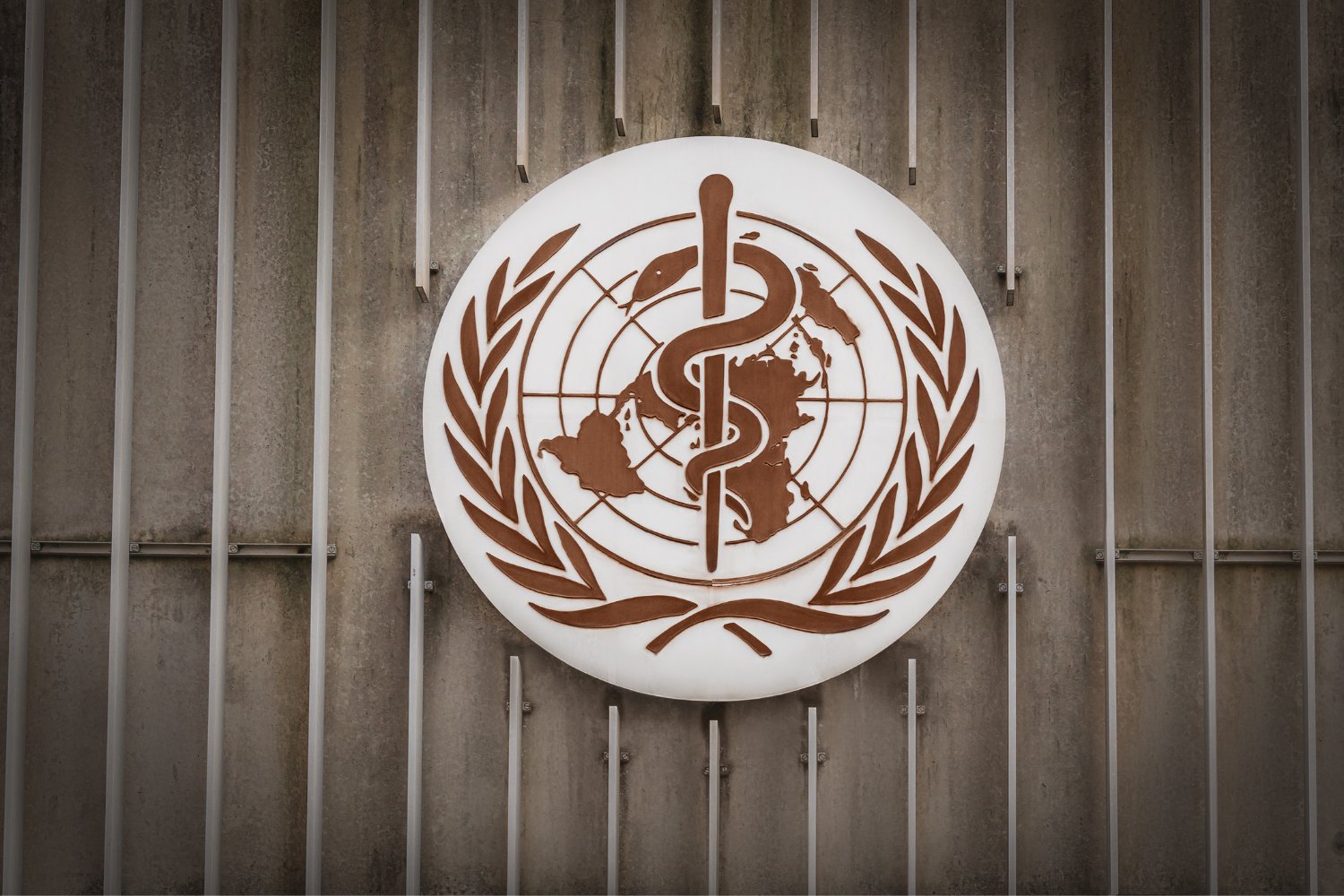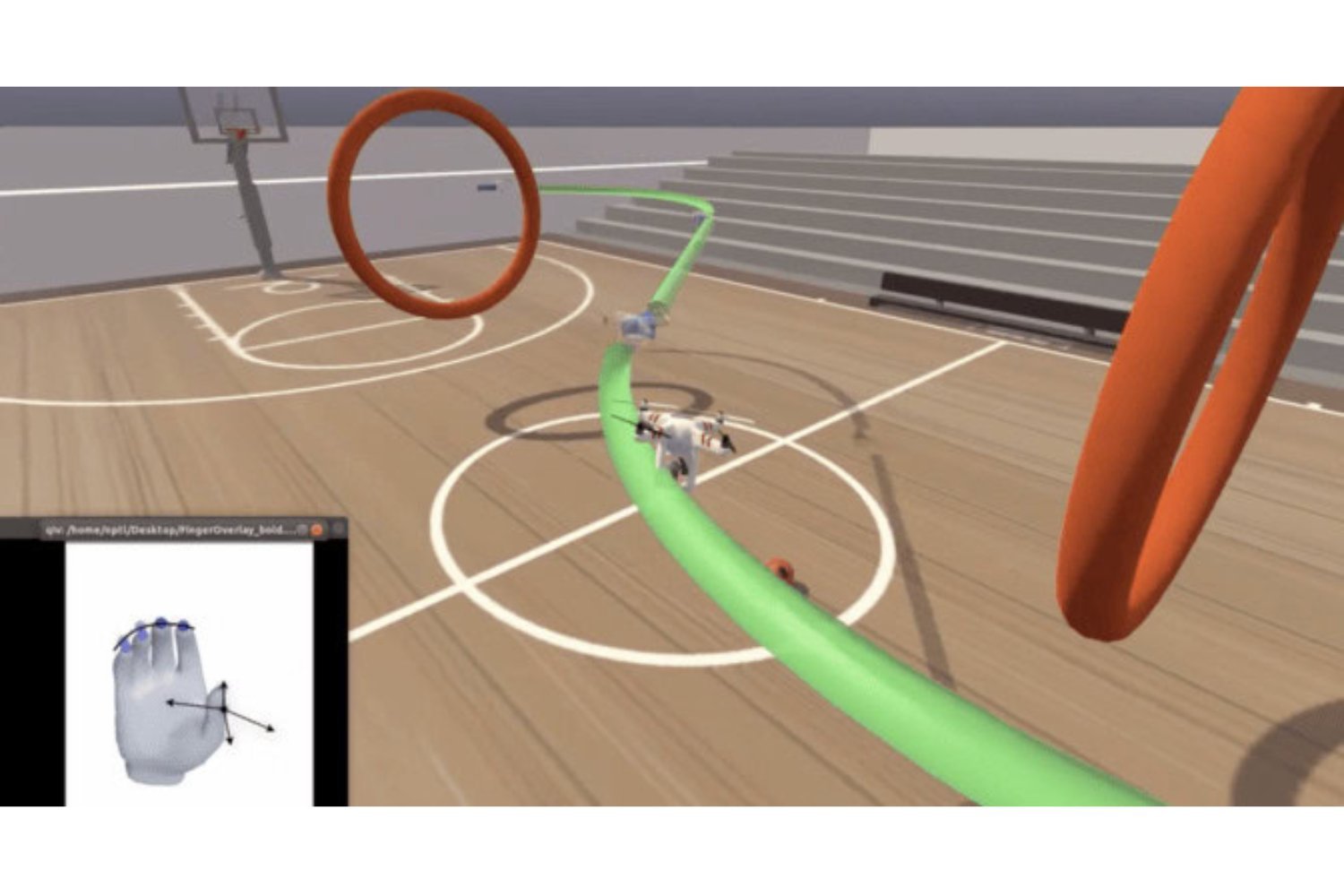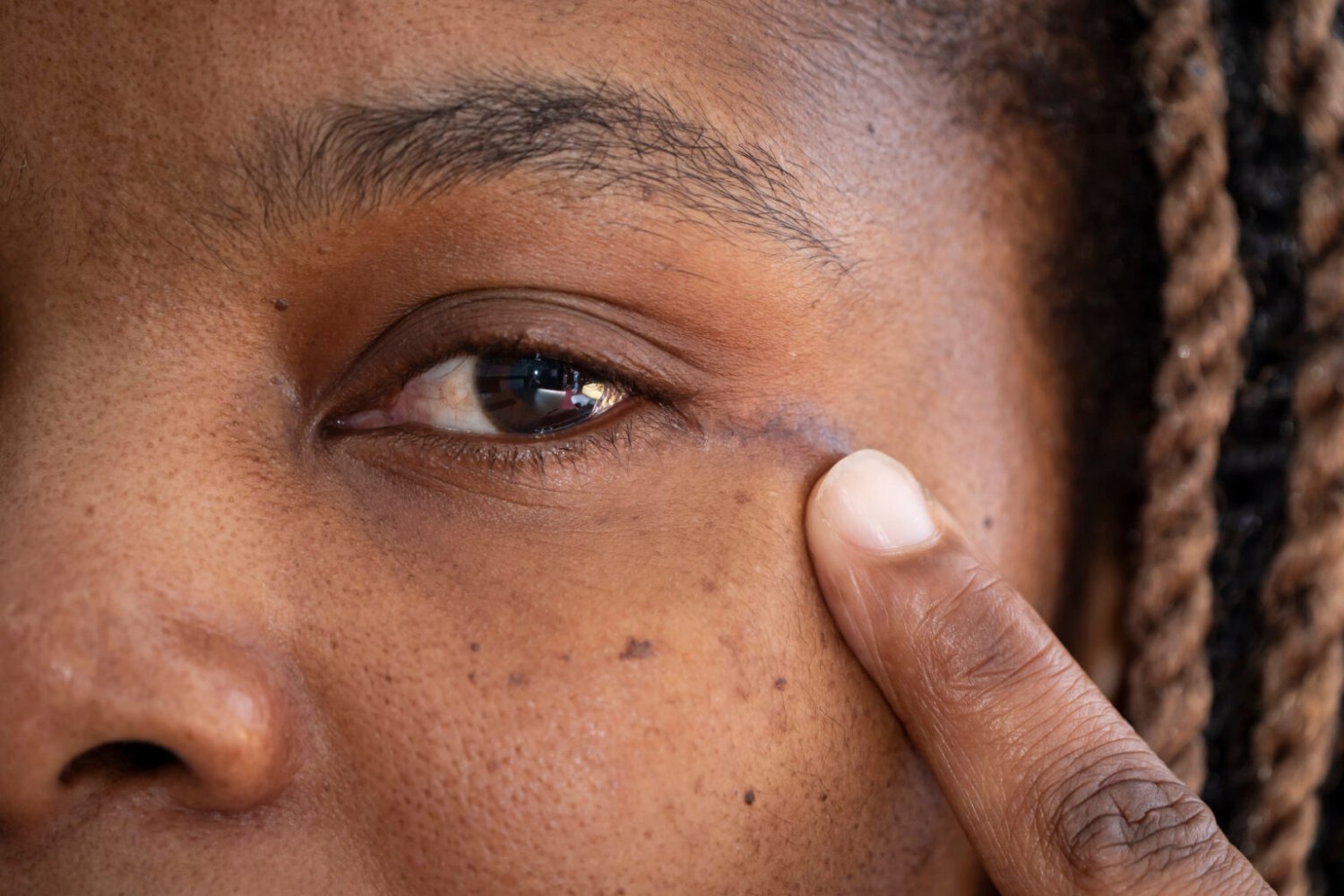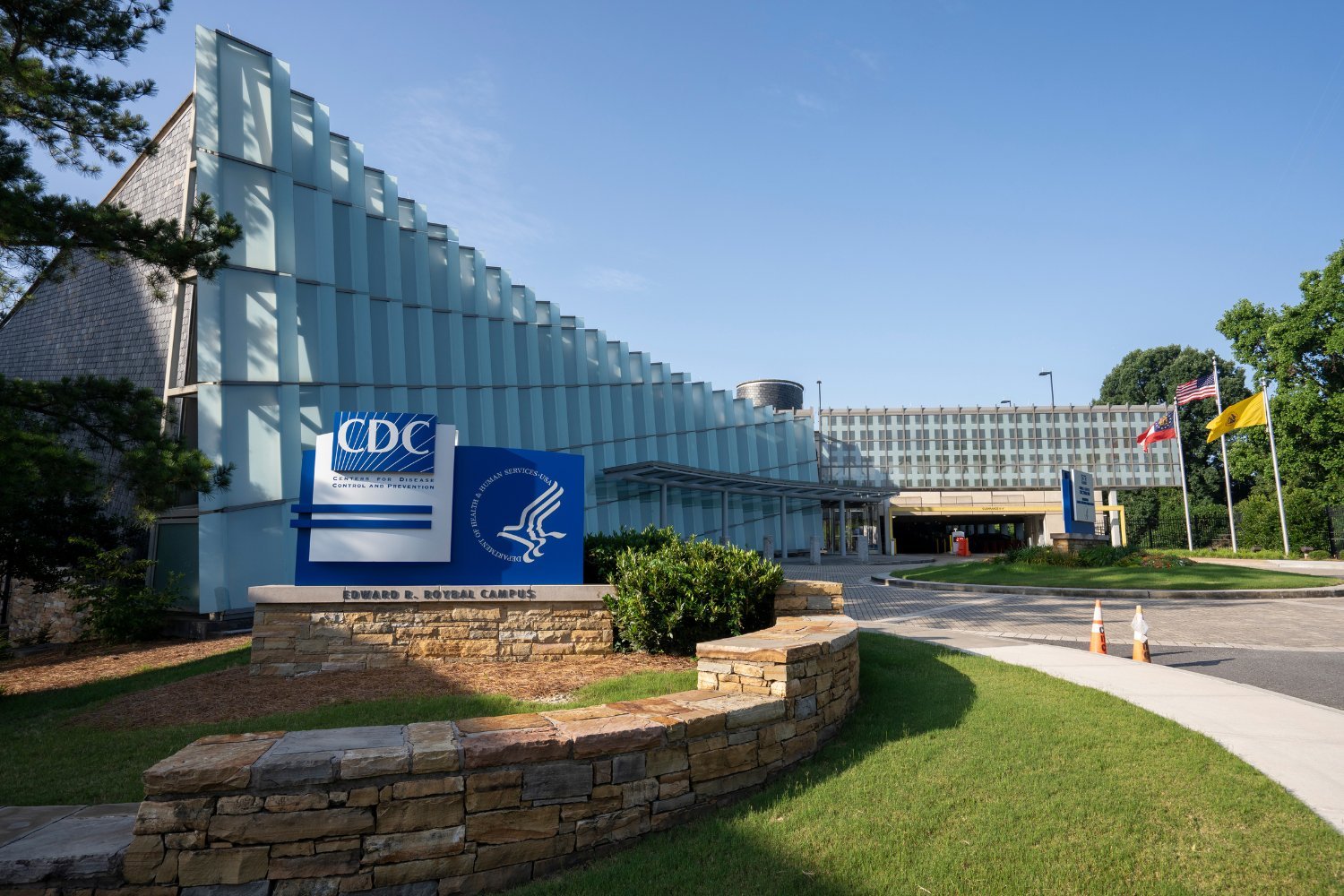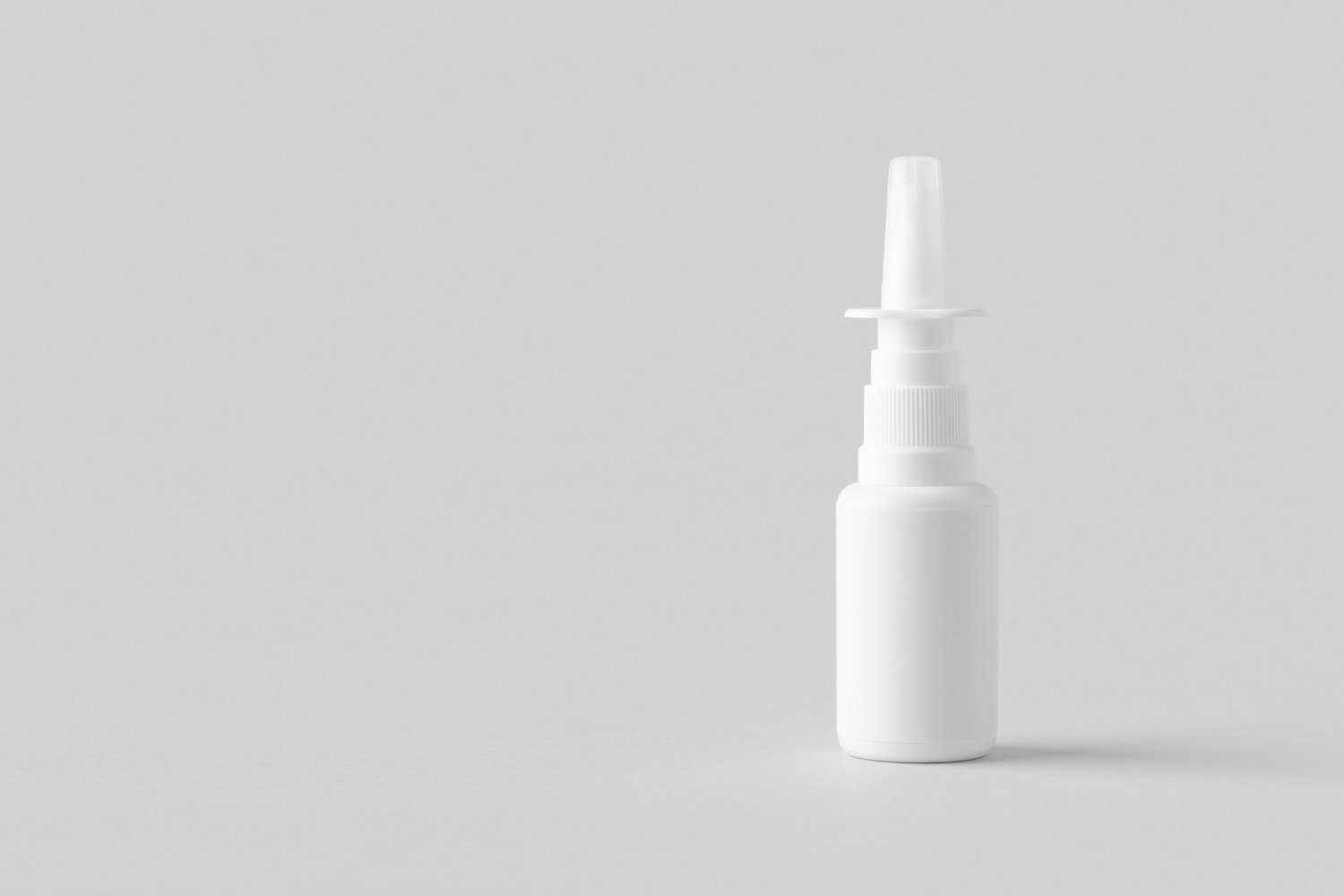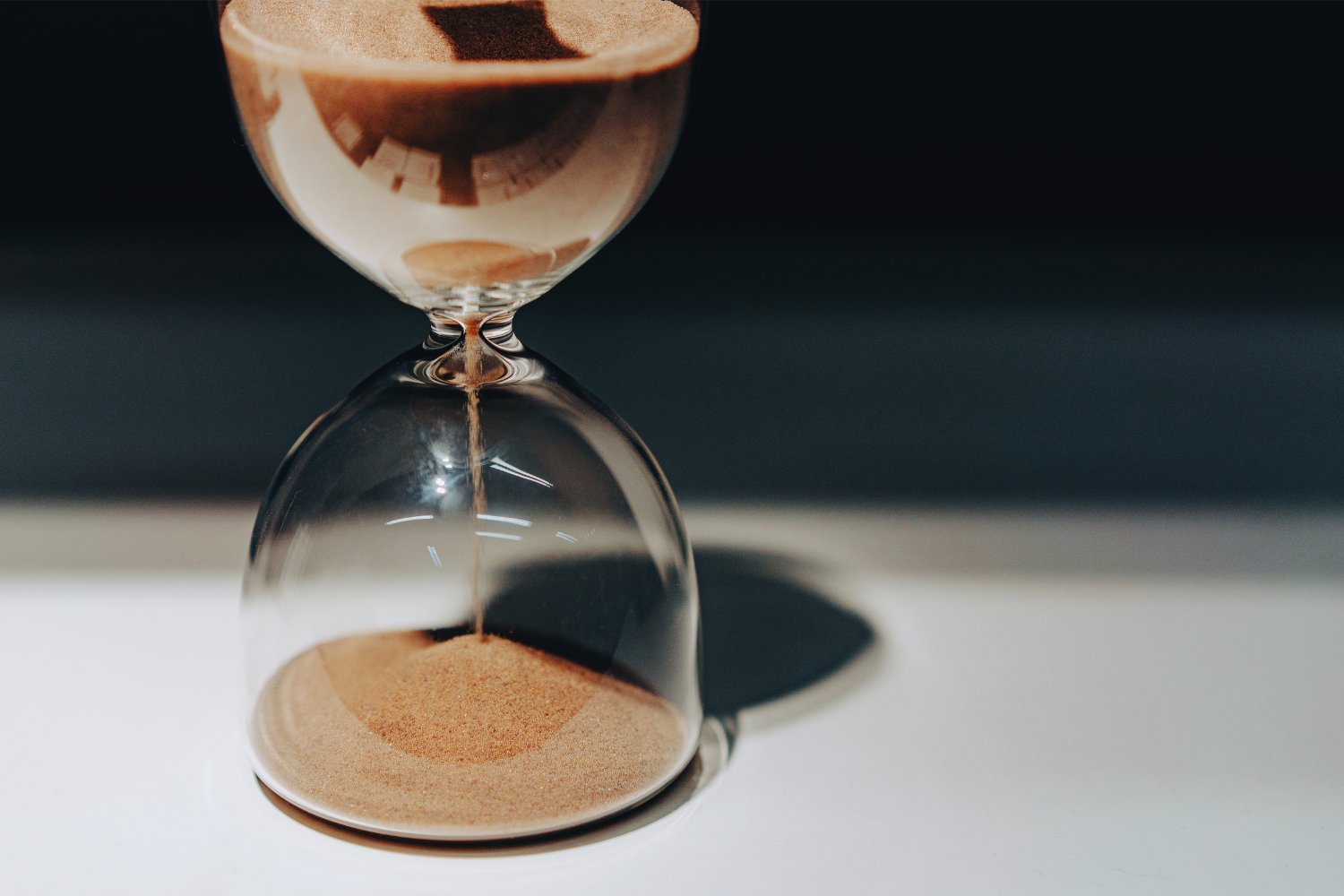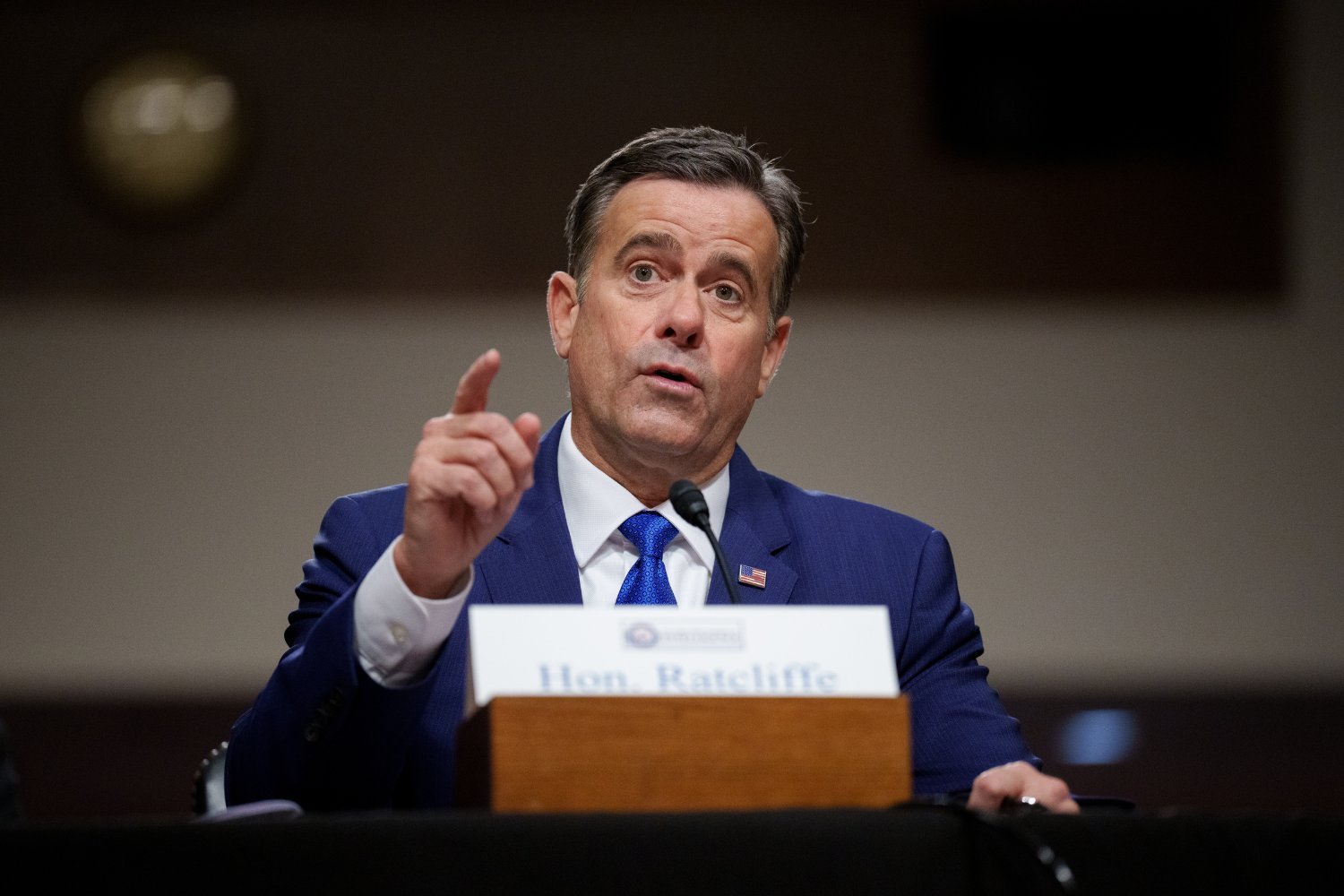The misery of the common stomach flu could soon be a thing of the past. Moderna, a leading pharmaceutical company, has initiated a large-scale Phase III clinical trial for a vaccine against norovirus, a pervasive and often debilitating cause of food poisoning.
This trial, known as Nova 301, is gaining momentum after the first dose was administered to a volunteer in September 2024. The randomized, double-blinded, placebo-controlled trial aims to enroll approximately 25,000 volunteers aged 18 and older globally, including participants across the U.S., with an estimated completion time of two years.
Norovirus is the primary culprit behind foodborne illness in the United States, responsible for an estimated 20 million cases annually. While most cases are short-lived, characterized by diarrhea, vomiting, and flu-like symptoms lasting up to three days, the impact is significant. Millions of doctor visits and hundreds of thousands of emergency room trips each year underscore the burden of this virus. In rare instances, norovirus can lead to hospitalization and even death, affecting approximately 100,000 and claiming the lives of roughly 900 Americans annually. The global impact is even more pronounced, particularly in regions with limited sanitation and healthcare infrastructure.
“Norovirus represents a major public health challenge, impacting millions globally with severe symptoms and sometimes requiring hospitalization,” stated Stéphane Bancel, Moderna’s CEO, in a fall 2024 announcement. “The progression of our investigational norovirus vaccine into a pivotal Phase 3 trial brings us closer to potentially offering a new tool to prevent infection from this highly contagious virus, which significantly strains healthcare systems worldwide.”
The need for a norovirus vaccine is particularly pressing given the recent resurgence of the virus. After a brief decline during the early pandemic, norovirus cases have surged in the U.S. The latter half of 2024 witnessed around 500 reported norovirus outbreaks, a marked increase from the previous year, with the 2024-2025 winter season projected to be the worst in over a decade.
Developing a successful norovirus vaccine has presented significant challenges for scientists. Historically, difficulties in cultivating the virus in laboratories or animal models hindered research efforts. The virus’s resilience and the multiple circulating strains further complicate vaccine development. Immunity to one strain doesn’t guarantee protection against others, and even strain-specific immunity wanes over time, potentially lasting only a few months.
Recent advancements in creating effective laboratory models and promising vaccination strategies offer renewed hope. Moderna’s vaccine candidate, mRNA-1403, leverages the same mRNA technology used in its COVID-19 vaccines. The vaccine trains the body to target virus-like particles (VLPs) that mimic norovirus but lack the actual virus. This approach stimulates the immune system to recognize and defend against potential norovirus infections.
mRNA-1403 is designed to provide immunity against at least three prevalent norovirus strains, aiming for broad protection. While norovirus affects everyone, vulnerable populations, including those with compromised immune systems and the elderly, are at higher risk of severe illness. Consequently, the majority (20,000) of the trial participants will be over 60 years old. Other pharmaceutical companies are also pursuing norovirus vaccine trials specifically for children.
The Nova 301 trial boasts over 250 study sites globally, with more than 100 in the U.S. alone. Participant criteria include generally good health (including well-managed chronic conditions) and no recent gastrointestinal illness. The main trial phase is scheduled to span two years, with anticipated results by May 2027. Those interested in participating can complete a survey on Moderna’s website.
In conclusion, Moderna’s Phase III trial for a norovirus vaccine represents a significant step towards combating this widespread and often debilitating illness. The trial’s global scope and focus on vulnerable populations underscore the potential for this vaccine to significantly reduce the burden of norovirus on individuals and healthcare systems worldwide.



